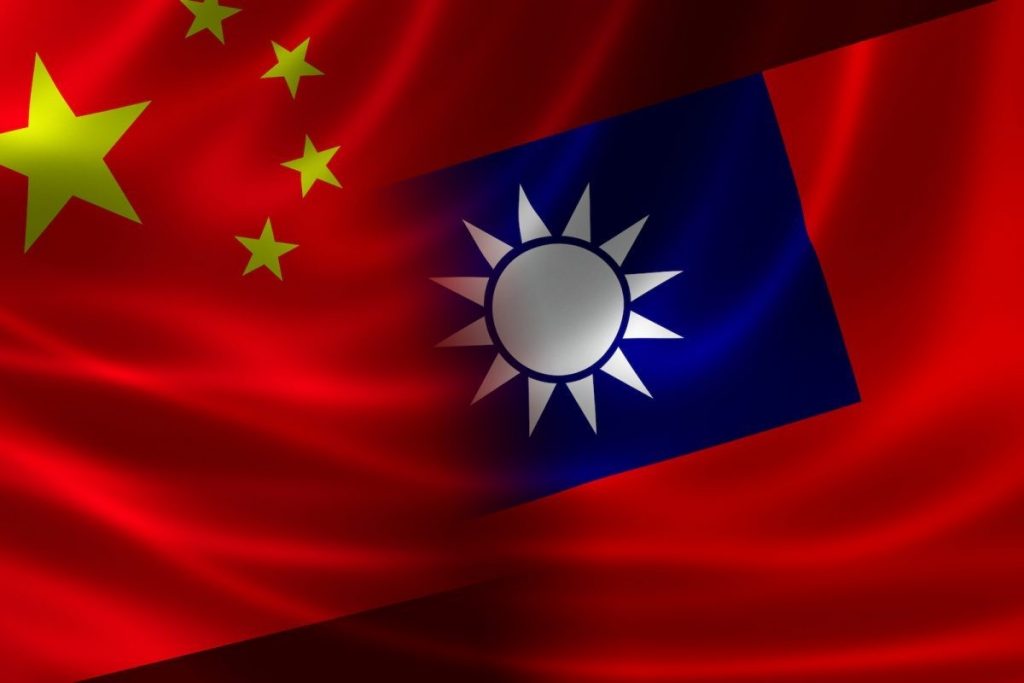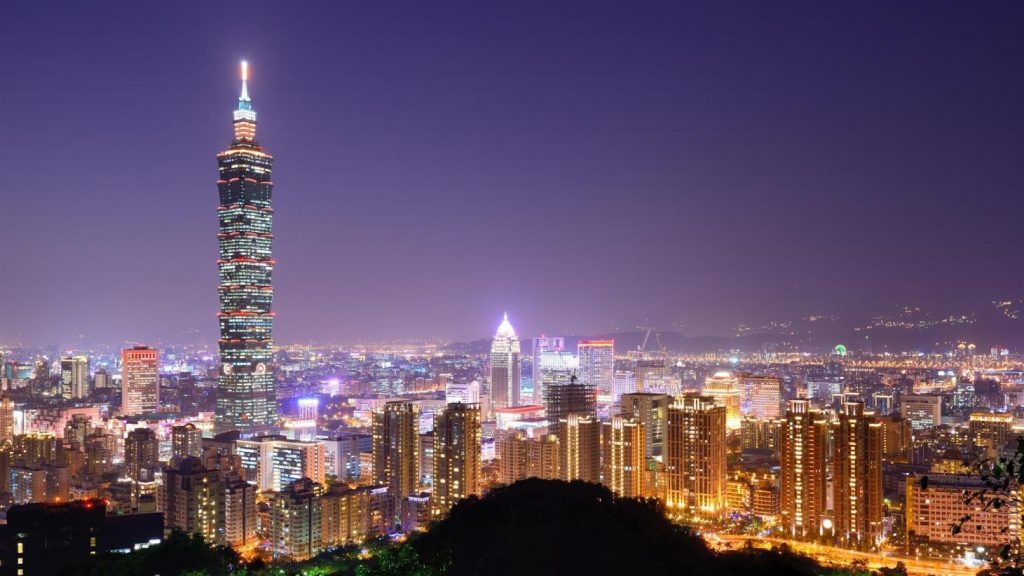‘History is written by the victors.’
We’ve all heard this phrase often enough.
It’s a cliché, but that doesn’t make it any less true.
Whoever wins a war can set the tone for the dominant narrative. Reality itself can be adjusted to match a particular story. Sometimes this can happen in surprising ways:
- For example, we are all familiar with the official history of World War II. The Allies triumphed over Nazi Germany. It’s a classic narrative of good versus evil. Clean. Predictable. Happy.
- However, unofficially, what we aren’t told are the moral compromises that came after the war.
Operation Paperclip is perhaps the most notorious project:
- It was a clandestine programme that saw over 1,600 Nazi scientists being secretly transported to the United States and given refuge.
- They were offered immunity from prosecution. The reason for this? Their skills were greatly prized.
This was justified because the competition with the Soviet Union was heating up. America badly needed a technological edge — at any cost:
- One of the more famous Nazis who went to work for Uncle Sam was Wernher Von Braun. He was originally the mastermind behind Hitler’s V-2 rockets, which threatened the Allies during the war.
- But once Von Braun was given a fresh start in America, he operated in a different capacity. He helped NASA develop the rockets that allowed them to compete with the Soviets in the Space Race.
This turn of events is eerie and contradictory.
Of course, we feel uncomfortable with the unvarnished truth.
Especially since it doesn’t line up exactly with what we understand about history — or even with what we’re willing to accept.
The secret narrative of the two Chinas
Writing history — or rewriting it — has never been more relevant than it is today:
- Just think about the last time you used the word ‘China’. Just think about the last time you used the word ‘Chinese’.
- Chances are, each time you did that, you were thinking of a very particular reality. Without knowing it. Without questioning it.
But it’s all too easy to forget that there are actually two Chinas in existence:
- The Republic of China (ROC).
- The People’s Republic of China (PRC).

Source: Asia Times
One China is one commonly accepted and talked about, yet the other China is conveniently airbrushed out of existence.
Why?
Well, again, post-World War II history offers us intriguing answers.
The civil war that changed everything
In 1946, most of the world was enjoying the end of the most destructive conflict known to mankind.
World War II was over.
The global rebuilding and economic boom was well underway.
But the Chinese people were not so unlucky. They were engulfed in yet another civil war. There were two sides to this conflict:
- The Nationalists — led by Chiang Kai Shek.
- The Communists — led by Mao Zedong.
- The fighting was brutal, with neither army showing any mercy.
At this point, there seemed to be a clear winner:
- The Nationalists were in high spirits and appeared strong in their momentum. By comparison, the Communists were exhausted and backed into a corner.
- Hanging in the balance was the city of Harbin — which offered strategic passage to the rest of northern China. In theory, whoever controlled Harbin would control the fate of the nation.
- Chiang Kai Shek was on the verge of taking Harbin. Possibly sealing the fate of Mao Zedong. A knockout blow appeared imminent.
But just then, something very strange happened. American Secretary of State George C. Marshall, under the direction of President Henry Truman, made an urgent diplomatic intervention:
- Marshall warned Chiang of harsh consequences if the Nationalists moved ahead with the attack and massacred the Communists. Apparently, it would not be a good look in the eyes of the world.
- Marshall was an ambitious man who was already planting the seeds for a unified Western Europe under American leadership. He clearly had dreams of doing the same for China.
- Of course, Chiang wasn’t happy with Marshall’s ideology. But he wasn’t in a position to protest. He was dependent on American support. So he reluctantly agreed to halt his offensive on Harbin.
- This moment was incredibly fortuitous for Mao. It allowed him a much-needed breather. He wasted no time in regrouping, resupplying, and launching a counter-attack.
Within three years, the tide of the war had turned. The Communists made a remarkable comeback, smashing the Nationalists on every front:
- In October 1949, Mao declared victory. He proclaimed the founding of the People’s Republic of China, with its capital in Beijing.
- Defeated and humiliated, the Nationalists were forced to withdraw. Their new home would be on a series of islands that lay off the south-eastern coast of the Chinese mainland.
- Centuries ago, the European colonialists had once called these islands Formosa. Now, the Nationalist refugees called it Taiwan.
- Ultimately, this was all that was left of Chiang’s dream: a proud but greatly diminished Republic of China, with its capital in Taipei.
Taiwan today
Let’s fast-forward 73 years:
- Today, Taiwan is a vibrant democratic country of over 23 million people. Its citizens are resilient, resourceful, innovative.
- The IMF considers the nation the seventh largest economy in Asia, by purchasing power parity.
- It specialises in cutting-edge industry. For example, the Taiwan Semiconductor Manufacturing Company [TPE:2330] is the largest of its kind in the world. It produces microchips used by American firms like Advanced Micro Devices [NASDAQ:AMD] and Apple [NASDAQ:AAPL].
- 5G, Internet of Things, self-drive cars — it’s safe to say that none of these would be possible without Taiwanese tech.
- Taiwan truly is a remarkable country that punches above its weight.

Source: Agoda
Consider this: are you reading Wealth Morning on an electronic device right now?
- Well, if you are, it almost certainly contains microchips from Taiwan. So yes. Right there. That’s your own personal connection to this other China that you’ve never really thought about.
- Emerging out of the ashes of war, this island nation has defied the odds to create its brand of prosperity.
- But can it continue to do so? Taiwan now has to contend with the looming shadow of a mainland adversary that’s growing more imposing by the day.
Strategic ambiguity
For the most part, the rest of the world has chosen to avert its eyes from Taiwan:
- They have chosen to settle for a moral compromise. They recognise the authority of the People’s Republic of China, while they treat the Republic of China as an afterthought.
- The Communists would have it no other way. Their prevailing narrative goes like this: ‘If you want to do business with us, you must play by our rules. If not, we will lock you out of the vast marketplace in mainland China.’
- This is a zero-sum deal that’s prevailed, for the most part, because no one wants to displease the Communists. The great irony here is that the greed motive in capitalism is being used as both the carrot and the stick.
So, as it stands, here’s the diplomatic situation right now:
- Only 15 states officially recognise Taiwan as an independent country: Belize, Guatemala, Haiti, Holy See, Honduras, Marshall Islands, Nauru, Nicaragua, Palau, Paraguay, St Lucia, St Kitts and Nevis, St Vincent and the Grenadines, Swaziland and Tuvalu.
- Taiwan has no presence in the United Nations. It was ousted from its seat in 1971 — which was then given to mainland China.
- In most global forums — the WHO, the WTO, the Olympics — Taiwan is either excluded or has its presence minimised. The word ‘Chinese Taipei’ is often used as opposed to ‘Republic of China’, so as not to cause offence.
- The United States maintains a policy of ‘strategic ambiguity’. Since 1979, it has cultivated formal relations with mainland China, while still maintaining hush-hush ties with Taiwan.
Taiwan is, for all intents and purposes, an outcast. An exile. A non-entity:
- The commonly accepted storyline is that the Chinese Communist Party has ‘saved’ the Chinese people and given them prosperity.
- Yet the fact that the tiny nation of Taiwan has been able to survive at all — let alone flourish — runs counter to this narrative. It presents a serious ideological challenge. For this reason, above all, the Communists want to snuff out Taiwan’s independence.
The bottom line
There’s a lot riding on the fact that it’s no longer easy — or convenient — for us to treat Taiwan as a non-entity:
- Yes, if you’re an idealist, there’s a moral case to be made to preserve Taiwan’s democracy. But even if you’re realist who believes in realpolitik — as Richard Nixon did when he formalised relations between the United States and the People’s Republic of China — there’s still an argument to be made that ignoring this dilemma is ultimately harmful to our own interests.
- As we wrestle with geopolitical tensions, we should be mindful that the next page of history is being written right now.
- Perhaps novelist Haruki Murakami said it best: ‘If there is a hard, high wall and an egg that breaks against it, no matter how right the wall or how wrong the egg, I will stand on the side of the egg.’
As financial analysts, we are closely watching these developments unfold between mainland China and Taiwan.
With the temperature rising, it’s never been more important to manage your risk. Consider your exposure. Rebalance your portfolio.
Could it be prudent to have investment holdings outside the Asia-Pacific region?
Here at Wealth Plan, we are helping our Eligible and Wholesale Clients regain control of their lives by building a roadmap to financial freedom.
From farmers to small business owners to property investors, we understand their hopes and fears. And we’re showing them how to transform and optimise their money so they can reach their desired destination.
We are now offering guidance in the following areas:
- Wholesale Financial Planning
- Retirement Planning
- Taxation and Accounting
- Wills and Trusts
So come talk to us. We’re now offering an initial free consult for Eligible and Wholesale Clients. We’d love to hear more about your financial goals and dreams.
🌎 Click here to register your interest today.
Regards,
John Ling
Analyst, Wealth Morning
(This article is general in nature and should not be construed as any financial or investment advice. To obtain guidance for your specific situation, please seek independent financial advice.)





John is the Chief Investment Officer at Wealth Morning. His responsibilities include trading, client service, and compliance. He is an experienced investor and portfolio manager, trading both on his own account and assisting with high net-worth clients. In addition to contributing financial and geopolitical articles to this site, John is a bestselling author in his own right. His international thrillers have appeared on the USA Today and Amazon bestseller lists.